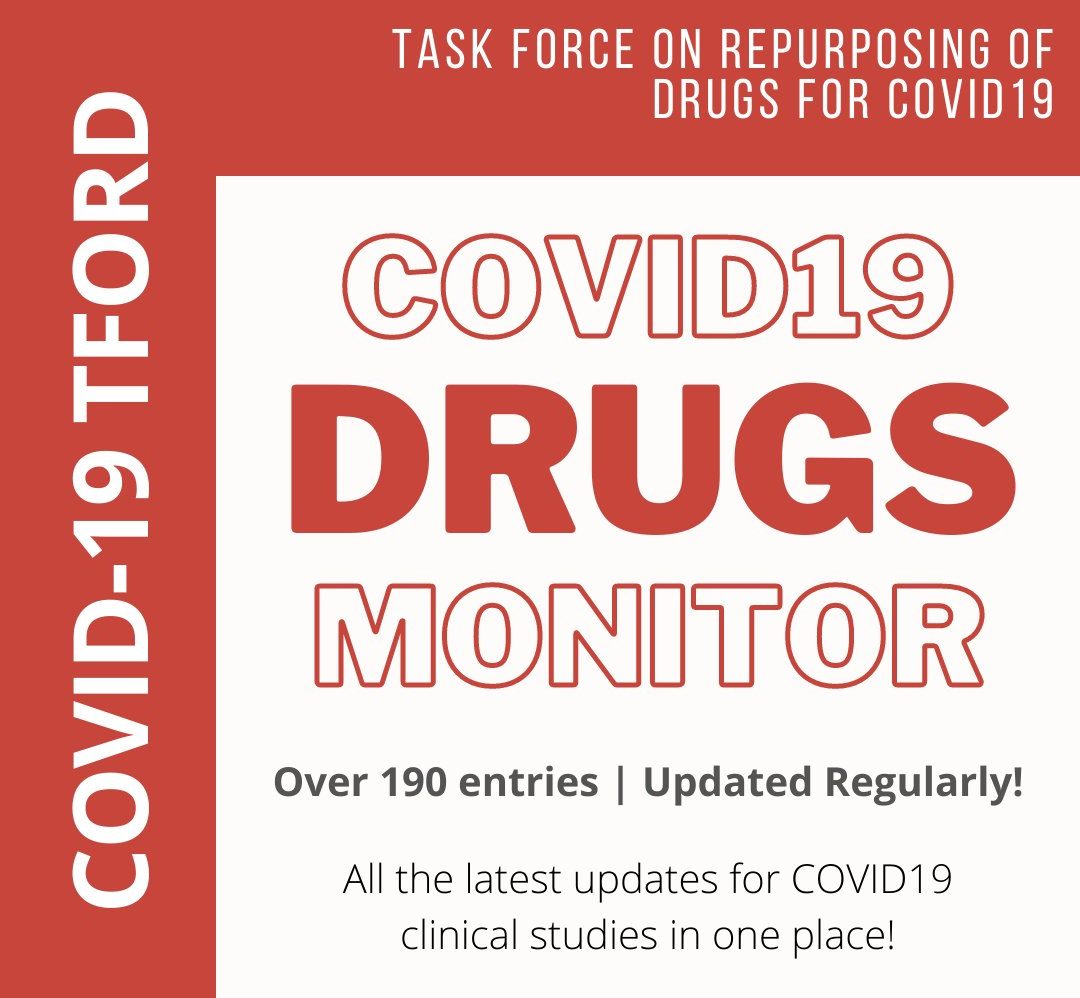(14 Aug 2020) Hydroxychloroquine and tocilizumab- No significant reduction in in-hospital mortality
Efficacy of HCQ and TCZ in patients with COVID-19: A single-center retrospective chart review.
A retrospective cohort study was performed to determine the impact of HCQ and TCZ use on hard clinical outcomes during hospitalization. Independent t-test and multivariate logistic regression analysis were performed to calculate mean differences and adjusted odds ratios (aOR) with its 95% confidence interval (CI), respectively. RESULTS: A total of 176 hospitalized patients with confirmed COVID-19 were included. Patients were divided into two comparison groups HCQ vs. no-HCQ (n=144 vs. 32) and TCZ vs. no-TCZ (n=32 vs. n-144), respectively. The mean age, baseline comorbidities and other medications used during hospitalization were uniformly distributed among all the groups. (Insignificant P-values in table 1) The unadjusted odds ratio for patients upgraded to a higher level of care (OR 2.6, 95% CI 1.19-5.69, P=.003) and reduction in C-reactive protein(CRP) level at day 7 of hospitalization (21% vs. 56%, OR 0.21, 95% CI 0.08-0.55, P=.002) were significantly higher in the TCZ group compared to the control group. There was no significant difference in the odds of in-hospital mortality, upgrade to intensive medical care, need for invasive mechanical ventilation (IVM), acute kidney failure (AKI) necessitating dialysis, or discharge from the hospital after recovery in both TCZ and HCQ groups compared to their respective control groups. Adjusted odds ratios controlled for baseline comorbidities and medications closely followed the unadjusted estimates. (Table 2, Table 3). CONCLUSIONS: In this cohort of patients with COVID-19, neither TCZ nor HCQ offered a significant reduction in in-hospital mortality, upgrade to intensive medical care, invasive mechanical ventilation, or acute renal failure needing dialysis. These results are similar to the recently published preliminary results of HCQ arm of Recovery trial which showed no clinical benefit from the use of HCQ in hospitalized patients with COIVD-19 while TCZ arm of recovery trial is ongoing. Double-blinded randomized controlled trials are the need of the hour.
